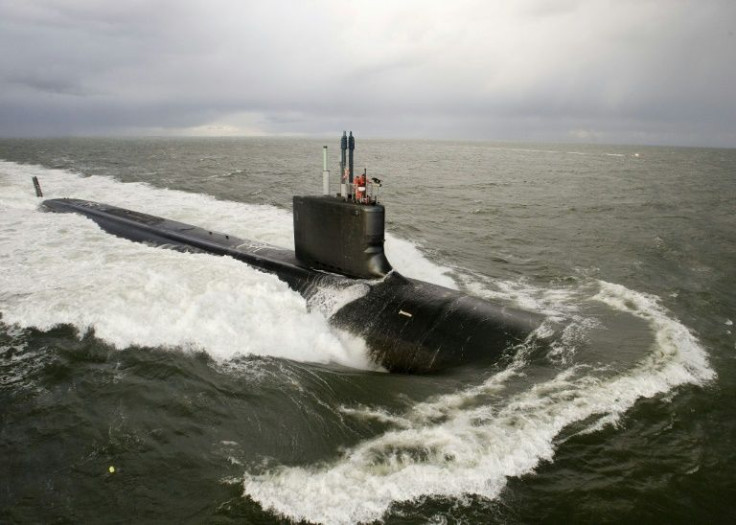China Will Strike US Ports And Other Logistics Hubs If A War Breaks Out, Says Expert
KEY POINTS
- General David Berger said China would do everything to slow the U.S. down
- He said the threat won't be on logistics nodes alone
- The general stressed on the importance of allies in logistics
China will be targeting U.S. ports, logistical hubs, and command and control centers in the event of an armed conflict between the superpowers, a top marine has said.
According to Marine Corps Commandant Gen. David Berger, logistics in a contested environment is a huge challenge for the U.S. troops.
"Not insurmountable, but we need to acknowledge that we should assume…they're going to challenge our sustainment. We have work to do," Berger said, during a conversation with the Hudson Institute.
According to him, to get past that, the U.S. needs a "real relook at everything from pre-positioning ashore to pre-positioning afloat to the lift that conventionally has gone across the ocean through this solid protected pipeline delivered in some big port."
"That's not how we're going to need to think about it going forward, because I think realistically they're going to challenge us back in our port or beyond," he said. "They're going to try to slow our mobilization. They're going to do everything that they can to slow us down as far back as possible. Sustainment is a huge challenge."
He added the threat won't be on logistics nodes alone. "We should assume that on both sides we're going to try to go after soft spots early on. You would go after command and control because you would think they rely on it so much that if I can just interdict that, if I can hurt their command and control, we can start to have a more of a fair fight."
The general stressed on the allies, adding the "value of allies and partners, if we can get it there, is also sustainment."
"If you just open up your mind a little bit, it doesn't all need to come from the East Coast or the West Coast of the U.S. [That’s] the value of allies and partners, if we can get it," he added.
That said, Gen. Berger expressed optimism as the U.S. had the right people who were thinking through the issues. "The most forward parts of a U.S. military in a contested environment before shorts are fired are going to be special operation units, submarines and marines," he said.
Earlier, U.S. Air Force strategist Oriana Skylar Mastro had spoken about how China can defeat the U.S. in just a week in the event of a war over Taiwan. Stating the U.S. needs to urgently up its preparations, Skylar Mastro had warned such a scenario would be "hardest for the U.S. to deal with."

© Copyright IBTimes 2025. All rights reserved.





















